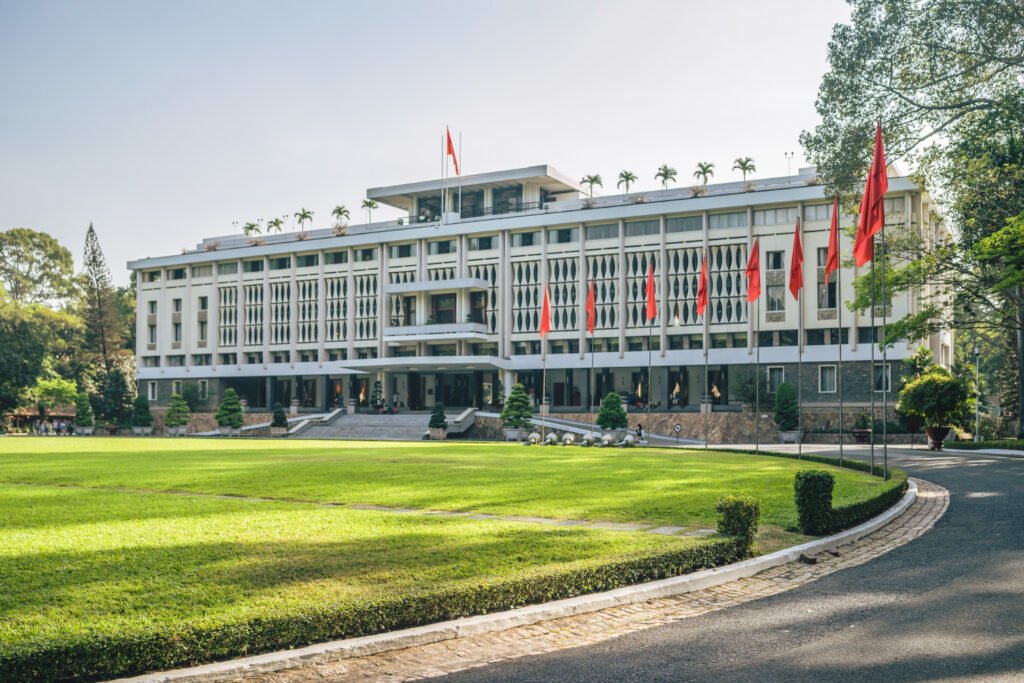1. Introduction
India, a land resplendent with history and culture. Known for its diverse influences, it is a country that combines tradition with modernity. This dichotomy also reflects in its education system, especially in medical education. Key is the MBBS program. A program that attracts countless domestic and international students every year. But why? What makes it so appealing?
2. Overview of MBBS in India
An MBBS in India is not just about earning a degree. It’s an entire experience. One that allows you not only to evolve as a medical professional, but also as an individual.
The course duration is not to be taken lightly. Five and a half years is a long time. Yet, this immerses you fully into the medical landscape. You engage with theoretical knowledge. You dabble in practical exposure. It’s a blend that ensures you’re more than ready for your medical journey.
Accreditation, of course, plays a vital role. National Medical Commission is the key here. Their approval is the true mark of a course’s credibility.
Then there is the curriculum. It’s comprehensive, to say the least. Anatomy, Physiology, Biochemistry, Pathology, you name it. It covers the absolute essentials of medical education.
3. Accreditation and Recognition
India’s recognition and accreditation system is robust. There are several bodies that oversee the quality of education.
- Firstly, the National Medical Commission (NMC). They are the principal authority for approving medical courses.
- Secondly, the National Board of Examination (NBE). They are responsible for administering postgraduate medical examinations.
- Then, we have the University Grants Commission (UGC). A statutory body responsible for maintaining university standards.
- And, the All India Council for Technical Education (AICTE). They focus on technical and management education.
These bodies ensure the MBBS course maintains its high standards.
4. Curriculum and Course Structure
Pre-clinical phase
This is the beginning. The phase where you build your foundation of medical knowledge.
Para-clinical phase
Here, the learning gets more intense. You explore new subjects and delve deeper into the world of medicine.
Clinical phase
This is the pinnacle. The phase where you apply your knowledge, get hands-on experience, and prepare for your future.
Internship
It’s the final stretch. The part where you get real-world exposure, preparing you for the career ahead.

5. Admission Process
Getting admission in an MBBS course in India is no easy task. The competition is fierce. The process, complex.
Firstly, there’s the eligibility criteria. You must be 17 years old. You also need to have completed your 12th with Physics, Chemistry and Biology as core subjects.
Then there’s the entrance exam. NEET – National Eligibility cum Entrance Test. It’s the sole exam for MBBS admissions. Score well and your chances of securing a seat increase.
The counselling process follows. It’s based on your NEET score. The higher your score, the better your chances.
Then comes the admission. Once you get a call from the college, you need to submit the necessary documents. After verification, you get your admission letter.
Finally, there’s the registration with the university. After all the formalities, you are now officially a medical student.
6. Cost and Financial Considerations
There are three main areas to consider when thinking about the cost of studying MBBS in India:
- Tuition fees.
- Living expenses.
- Additional costs such as textbooks, medical equipment, and travel.
These costs can vary greatly depending on whether you choose a government or private college.
7. Career Opportunities and Scope
Your MBBS degree can take you places. As a doctor, you can work in hospitals, clinics, or even start your own practice. You can specialize and become a Surgeon, a Pediatrician, a Cardiologist, the options are many.
You can also venture into teaching or research. These are fields that are always in need of knowledgeable individuals.
But remember, the journey doesn’t end with an MBBS. Your career can take off with further specializations and degrees.
8. Challenges and Considerations
Getting an MBBS degree is not all rosy. There are certain challenges.
Firstly, the intense competition. Every year, lakhs of students vie for a limited number of seats.
Then there’s the rigorous course structure. It demands hard work, dedication, and a lot of perseverance.
Lastly, there is the lengthy course duration. Five and a half years is a long time. It requires a major commitment.
Yet, the rewards outweigh the challenges. The satisfaction of saving lives, the respect in the society, the potential for growth – it’s all worth it.
10. Conclusion
To pursue an MBBS degree in India is a journey wrapped in challenges and opportunities. It’s a journey of growth, both professional and personal. It’s a journey that leaves an indelible mark on your life. Listen, it’s not just about becoming a doctor. It’s about becoming a part of a legacy. A legacy that saves lives, that brings hope, and that contributes to the society. It’s more than just a degree. It’s a calling. So, are you ready to answer it?

